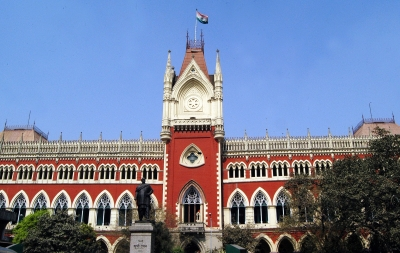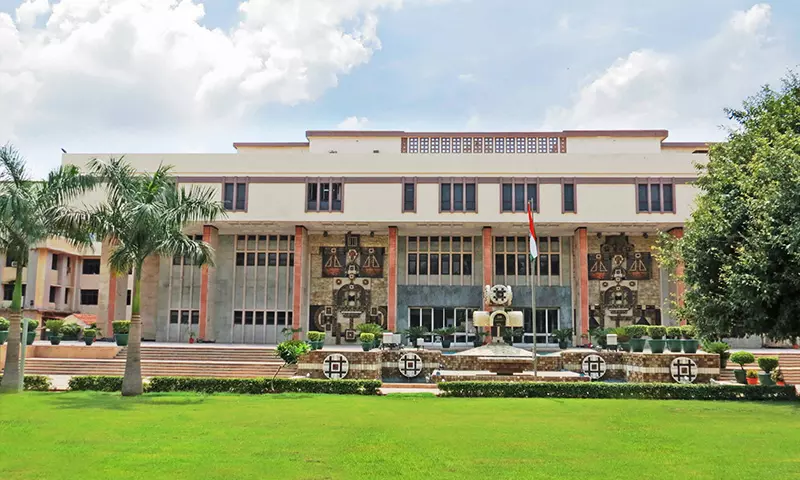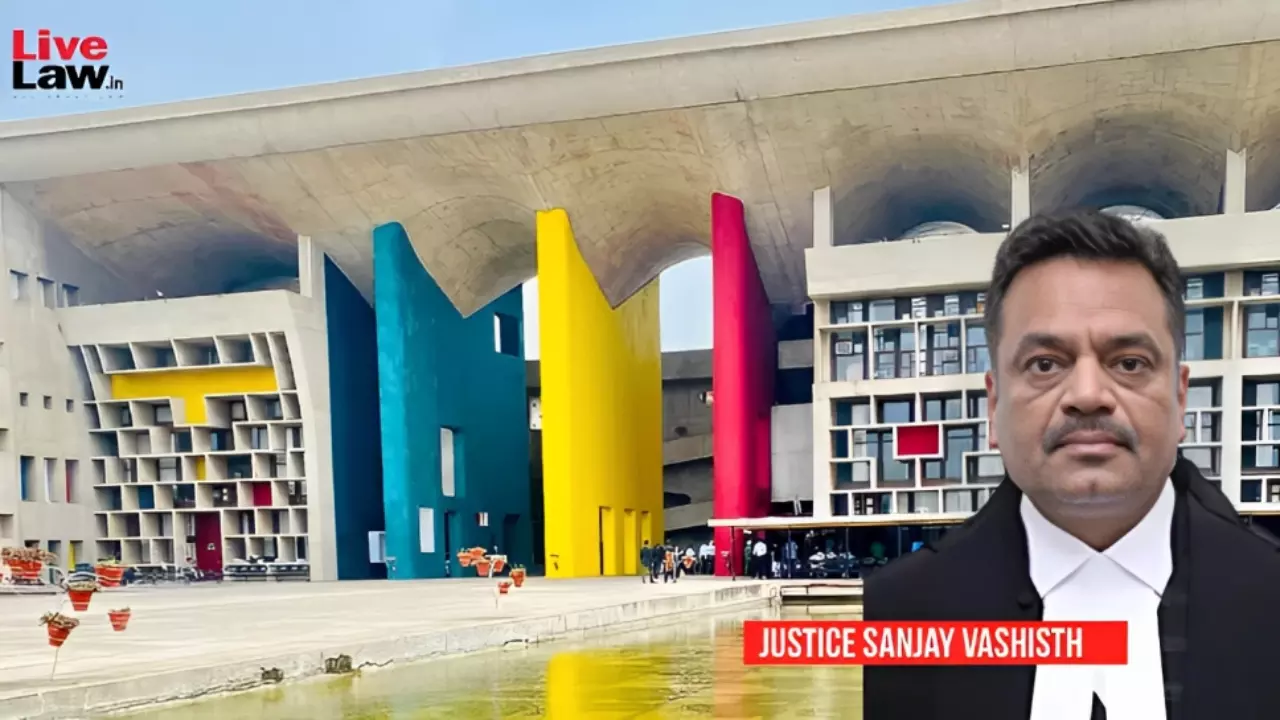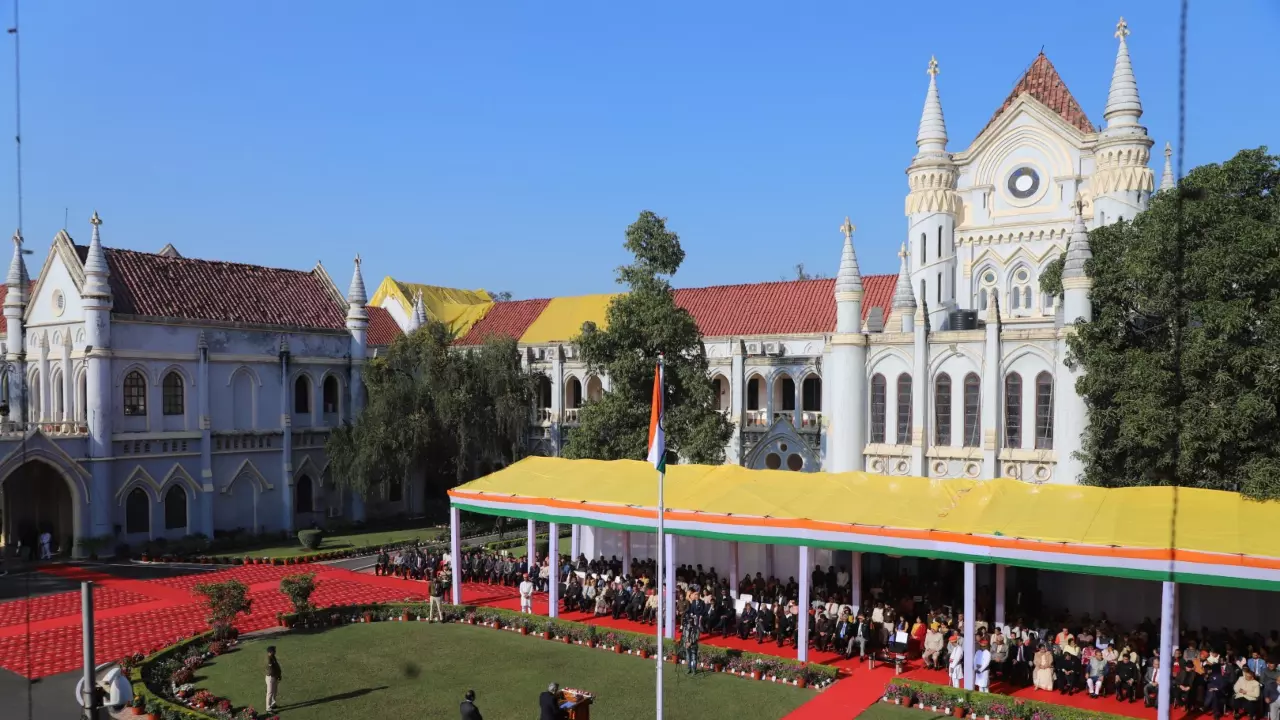






The Calcutta High Court has directed the Central Bureau of Investigation (CBI) to seek the assistance of a specialized agency in recovering the data related to the optical mark recognition (OMR) sheets used in the recruitment of primary teachers in state-run schools in West Bengal. The court emphasized the importance of recovering the data on the OMR sheets as it is related to corruption in the recruitment process. The CBI has been instructed to consult experts from anywhere in the world, including private entities with expertise in the IT sector. The West Bengal Board of Primary Education will bear the cost of the assistance. The court also ordered the CBI to submit the original hard disc containing the digitized copies of the OMR sheets, but since they were unable to do so, the agency has been directed to seek help from expert agencies. The court further mentioned that if the hard disc has been destroyed, the investigation should include the server of the West Bengal Board of Primary Education where the original data might be stored [664e54b3].
In another recent development, the Calcutta High Court has directed the West Bengal education department to upload details of the qualifications of teachers in all state-run schools on its portal. The court emphasized the importance of transparency in maintaining the necessary qualifications for teaching jobs and stated that the guardians of students have the right to know whether the teachers teaching their children are qualified. The court expressed frustration with the slow pace of the state government in completing the process. Additionally, the court criticized the occupation of government school buildings by security forces during the Lok Sabha elections and suggested the creation of separate buildings for housing security forces deployed for polls [032deeed].
In a separate ruling, the Kerala High Court Chief Justice has issued guidelines for judges and their staff regarding retirement, transfer, or elevation. Retiring, transferred, and elevated judges are requested to submit signed judgments and orders to the court registry on or before their last working day or by midnight on the retirement day. If judgments are not ready, the cases and documents are to be handed over to the registry. The guidelines were issued in response to a letter from the President of the Kerala High Court Advocates Association, alleging that a retired judge had been using her chambers and writing judgments after retirement. The guidelines also prohibit staff members from uploading judgments or orders online after three days from the judge's retirement. The court registry is responsible for making necessary changes to the system to enforce this rule. Judges are also requested to refrain from using their chambers after retirement, except in cases of elevation or transfer approved by the Chief Justice. Attached staff members can be retained for one month after retirement or for a period approved by the Chief Justice [bac53ddc].
Furthermore, the Delhi High Court recently issued a ruling in a case involving the violation of principles of natural justice. The case, Delhi Transport Corporation Vs Ram Avatar Sharma, centered around the issue of not allowing representation by a defence assistant and the non-enclosure of past records in the chargesheet. The court agreed with the Industrial Tribunal's findings and held that the enquiry proceedings were conducted in violation of principles of natural justice. The petitioner failed to establish any misconduct by the respondent, leading to the respondent's entitlement to reinstatement. As a result, the court dismissed the writ petition [5f6c4739].
The Madhya Pradesh High Court also issued a significant ruling on labour-related matters. The court ruled that the Assistant Labour Commissioner is not competent to decide complaints filed by inspectors under the Minimum Wages Act. The court emphasized that the relevant government has the power to designate specific authorities to adjudicate claims related to payment below the minimum wage rates. The ruling was made in response to a petition challenging an order issued by the Assistant Labour Commissioner, which the court deemed lacked the necessary authority and specificity. The court highlighted the absence of a provision equating the Assistant Labour Commissioner with the rank of Commissioner, leading to the conclusion that the Assistant Labour Commissioner lacks the competence to adjudicate such complaints [b0e4699a].
Additionally, the Punjab & Haryana High Court held that the transfer of a workman from their original place to a new place without valid reasons is unfair. The High Court found that the transfer orders were not compliant with the Certified Standing Order and that the management failed to provide any material evidence justifying the need for the transfer. As a result, the High Court allowed all seventeen writ petitions filed by the workmen and directed the management to allow them to continue their service at their original place of appointment or pay a lump sum compensation of Rs. 3,00,000/- to each affected workman [70c7747c].
Moving to Kerala, the Kerala High Court has asked the State and Central governments to provide details of the steps taken to implement the Pradhan Mantri Poshan Shakti Nirman (mid-day meal scheme) in government-aided schools. The Court was hearing a petition alleging that school principals were forced to pay out of pocket for the noon-meal scheme due to poor fund allocation. The State government has allocated ₹232 crores for the scheme for the year 2024-2025, but the Court noted that there is no record of concrete steps taken to implement the scheme. The Court has directed the governments to file a statement on this matter. The Central government's Mid-day Meal Rules involve committees at five levels to oversee the scheme, and the Court observed that the responsibility of funding the scheme lies with the Central and State governments. The petitioners argued that school headmasters should be absolved from the responsibility of running the scheme due to untimely and inadequate funds, which forces them to cover expenses from their own salaries and borrowed funds. The matter will be heard again on July 10 [97d5c10e].